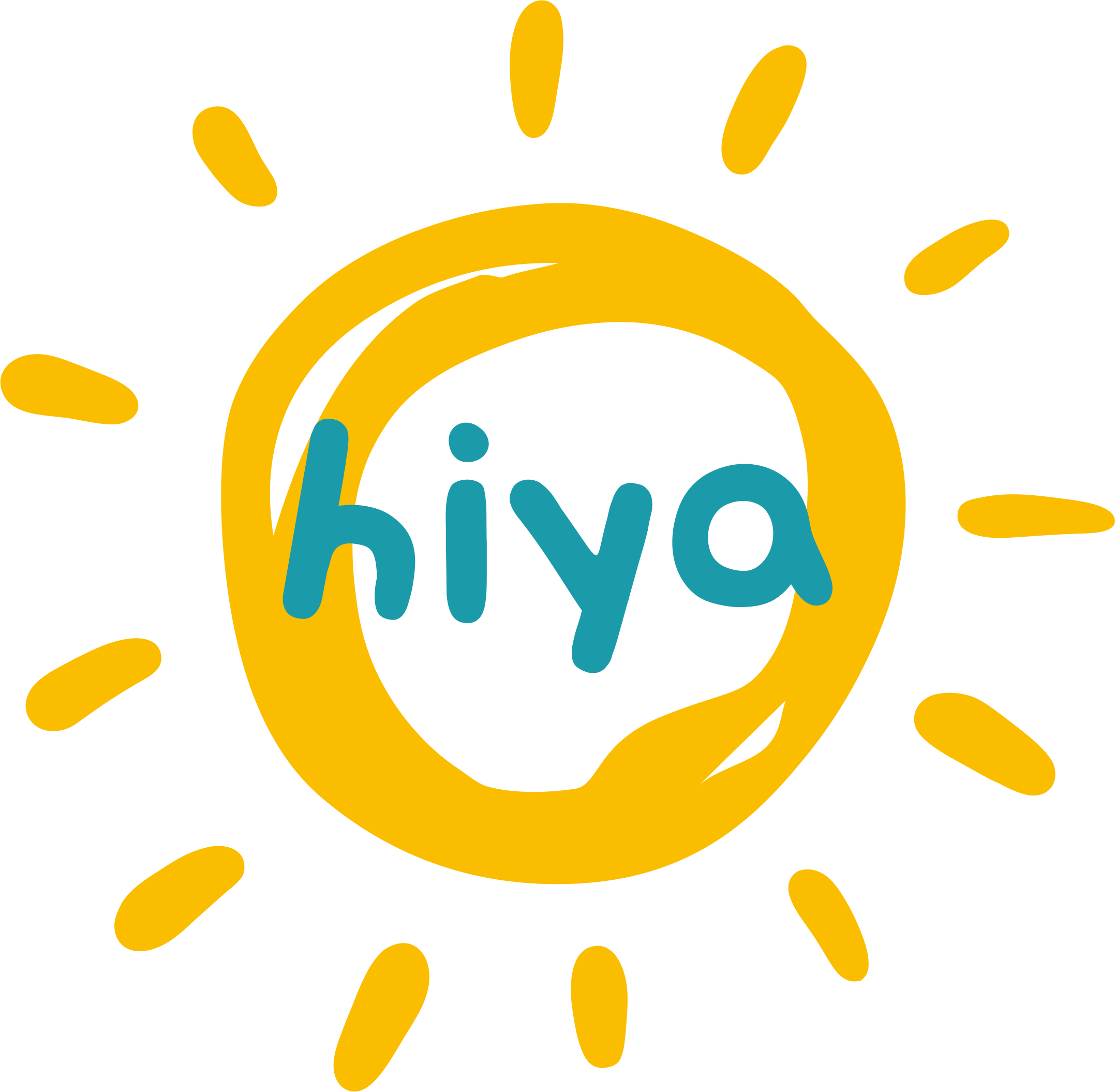Teen entrepreneur Alejandra Wells has conducted a groundbreaking study, highlighting the significant role of peer-led initiatives in improving mental health resource accessibility and reducing stigma among teenagers. The study used Hiya, Wells' mental health advocacy jewelry line, as a case study to explore how peer-led models can serve as effective alternatives to traditional mental health services.
Study Overview: The research, titled "Bridging the Gap: Teen Mental Health Resources, Peer-Led Advocacy," utilized a mixed-methods approach. This included quantitative surveys, qualitative interviews, case study analysis, and comparative analysis with traditional mental health services. The objective was to assess the impact of peer-led mental health initiatives like Hiya on enhancing access to resources and reducing stigma among teenagers.
Key Findings:
- Resource Accessibility: Teens reported higher ease of access to mental health resources through Hiya’s initiatives, citing the approachable and relatable content as key factors.
- Comfort with Peer-Led Initiatives: A significant 65.2% of teens felt more comfortable with peer-led models like Hiya compared to traditional mental health services, which were often perceived as intimidating.
- Advocacy Influence: Participants in Hiya’s programs were more likely to advocate for mental health within their communities, demonstrating the model’s effectiveness in empowering teens.
- Traditional Resources: Traditional mental health services were seen as neutral or somewhat useful, with only 16% of teens finding them very useful, indicating a gap in effectiveness.
- Engagement: Hiya’s peer-led initiatives showed higher engagement rates among younger children, emphasizing the model's appeal across different age groups.
Implications: The study underscores the potential of youth-driven models to effect substantial change in the mental health arena. By focusing on personal experiences and culturally relevant approaches, peer-led initiatives like Hiya can significantly enhance engagement, reduce stigma, and empower youth to advocate for mental health.
Future Research: The study suggests that future research should investigate the long-term effects of such programs on diverse teen groups and assess their scalability across different regions to determine broader applicability and impact.
Conclusion: Alejandra Wells' research highlights the transformative potential of peer-led mental health initiatives. As traditional mental health services continue to face challenges in accessibility and engagement, peer-led models offer a promising alternative, particularly for engaging and supporting youth.
For more information, visit GoShopHiya.com and explore Hiya’s initiatives, including the 'Check on Your People' campaign and the recently launched 'Hiya The Magazine.'
About Hiya: Founded by Alejandra Wells, Hiya is a jewelry line with a mission centered on mental health advocacy. Operating under a 'Buy One, Give One' model, Hiya aims to support teens directly and raise awareness of mental health issues through innovative peer-led initiatives.


